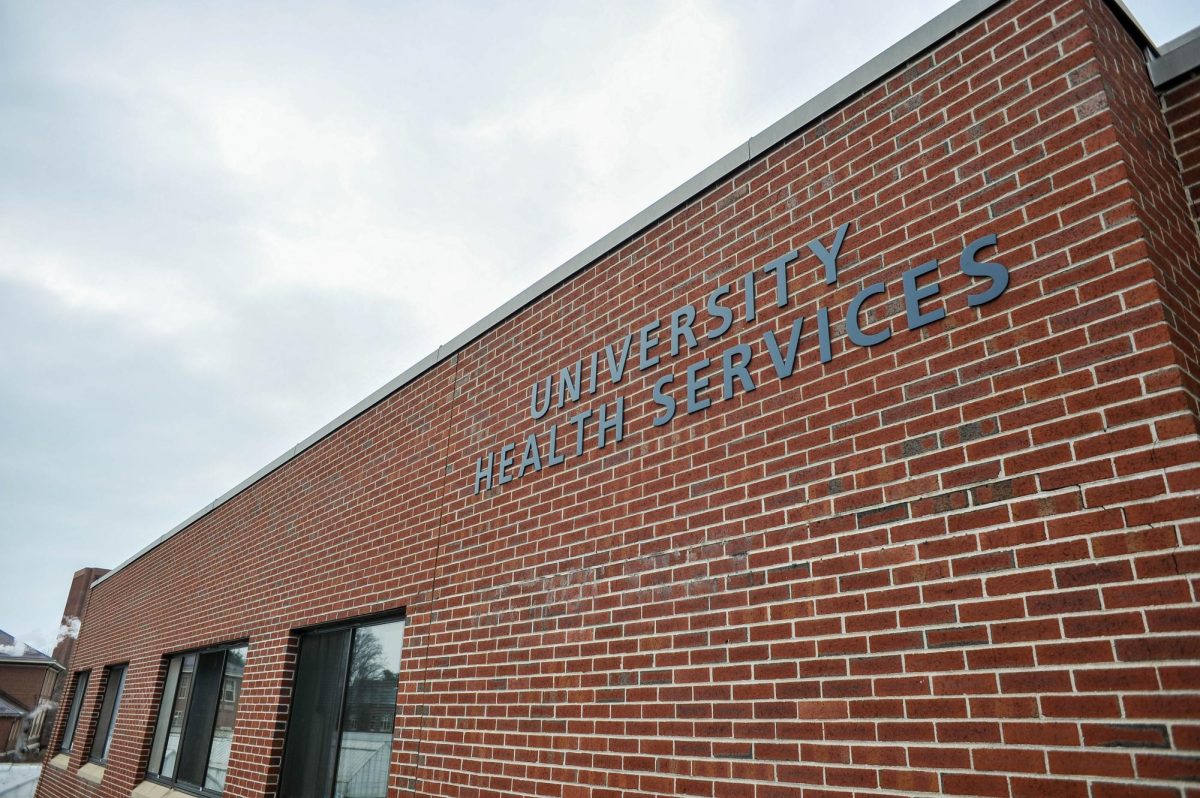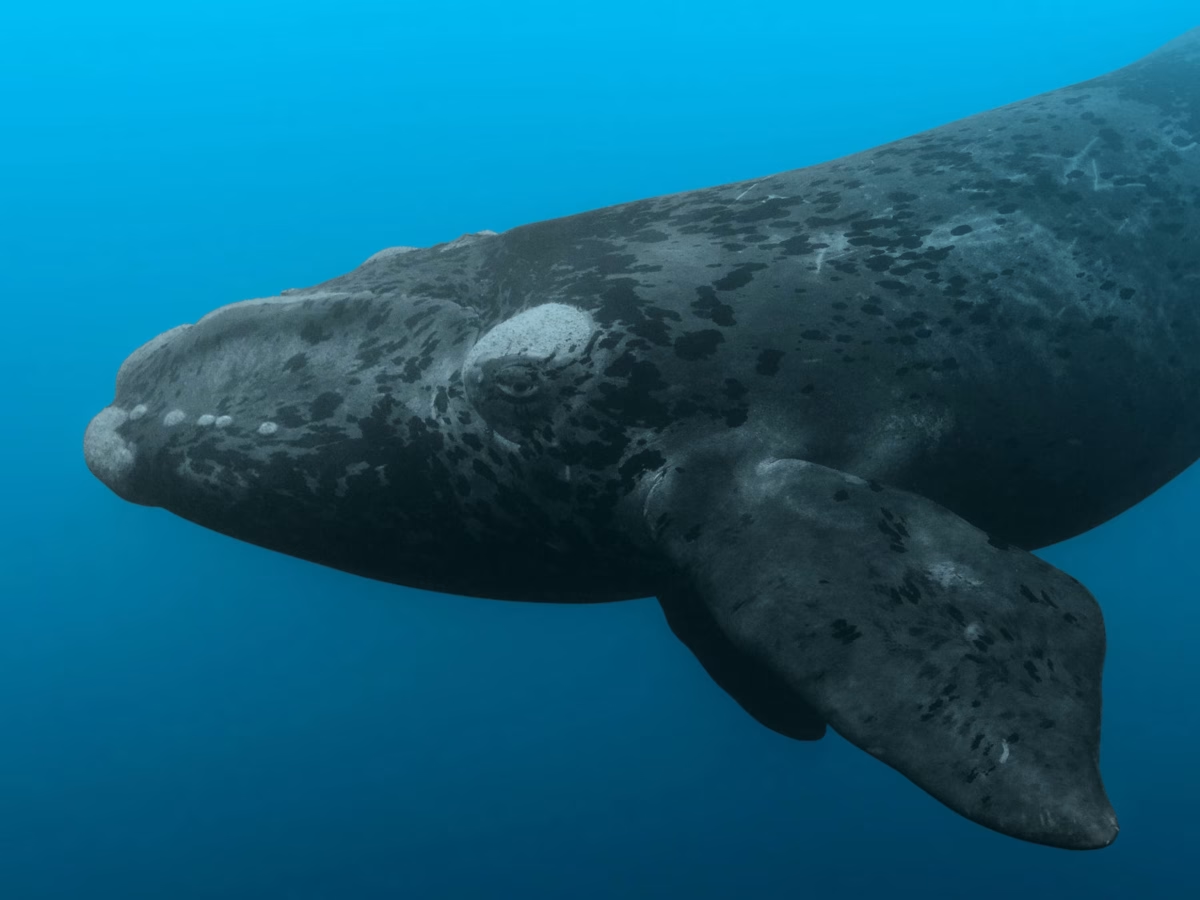
To the editor:
On Dec. 9, just two days shy of the close of the Paris climate talks, the University of Massachusetts Board of Trustees will meet, and the UMass community will be watching. Some students, faculty, staff and alumni expect the Board will vote to divest their endowment from the fossil fuel industry, thus removing their support of global climate disaster, exploitation and human suffering. For three years, the UMass Board of Trustees has failed to meet the demands of student and community activists for full divestment from the fossil fuel industry. The time for action is now. As people all over the world make a resounding call for bold commitments to climate justice from our world leaders in Paris, we look to the leaders of our university with the expectation that they too will not wait any longer to act for climate justice.
In the past few years, the world has woken up to the fact that there is more carbon in the fossil fuel industry’s reserves than humans can safely burn without triggering abrupt and catastrophic climate change. We have already seen the impacts of irresponsible carbon extraction and emission, and we have seen that they are felt first, and most violently, in poor and marginalized communities. By maintaining its investments in fossil fuel companies, our university is willingly betting against the public interest and in favor of the destruction of human lives, now and in the future that the university’s students will inherit.
With the support of students, graduate students, faculty, staff, and alumni on multiple UMass campuses, this campaign has done absolutely everything in its power to demonstrate the urgent moral imperative of divestment. We met with administrators, presented a five-year proposal for divestment from the top 200 fossil fuel companies, and demonstrated the UMass community’s overwhelming call for divestment through petitions, rallies, and public actions. In spite of the numerous administrative hurdles we have had to face, we are confident that the work done by students and the community has fully paved the way for the board to act immediately. Nothing stands in the way of a vote to divest unless our leaders’ priorities have been skewed by the powerful politics of fossil fuel interests.
In his first speech as new chairman of the board, Victor Woolridge emphasized taking courageous action, driven by “the fierce urgency of now,” citing Martin Luther King, Jr. King stated in 1963, “We are now faced with the fact that tomorrow is today. We are confronted with the fierce urgency of now. In this unfolding conundrum of life and history, there is such a thing as being too late. This is no time for apathy or complacency. This is a time for vigorous and positive action.” We know that President Meehan and Chairman Woolridge understand the importance of taking leadership in this moment, and acting with the moral courage that King demanded.
Now is a time for all of us to amplify the voices of people demanding climate justice in Paris, as well as those around the world who are unable to speak out, but need action more than anyone. We, UMass students and the community, have spoken up, and next week, we will watch University leaders with expectation and hope that they will take this vital step to stand on the right side of history, the side of humanity, and in opposition of this outdated and destructive industry.
From,
Sarah Jacqz, a sophomore student and member of the UMass Fossil Fuel Divestment Campaign.



















Susanne Hale '09, '16G M.S. candidate • Dec 3, 2015 at 9:52 pm
Bravo, Sarah Jacqz and the Divestment Campaign! As an alumna, former UMass employee, and current graduate student, I am moved and tremendously excited you have gotten this far. You have the science absolutely spot on. We are in grave and alarming danger.
During my years at UMass, I have intensively studied the impacts of climate change. I wrote my Honors College capstone thesis on system-wide mitigation steps UMass should take that are both climate-wise and budget-smart. I am currently devoted to researching and developing carbon farming techniques — ways for farmers to sequester carbon in the soil, while boosting yields, nutrient density, and drought resilience.
All of my research will be for naught, however, if institutions worldwide don’t withdraw their money from fossil fuels and reinvest it in the future. There is such a thing as being too late. UMass has a chance to make history and turn the tide. Divestment from coal is a good first step. Let’s go all the way!!
Susanne Hale ’09, ’16G M.S. candidate
Former Financial Manager of the Center for Public Policy and Administration
Leslie C • Dec 3, 2015 at 8:47 pm
Wonderful piece, Sarah J. Thank goodness for your generation of dedicated activists. The fossil fuel climate change deniers will go the way of the dinosaur and the dodo bird soon. I am confident UMass wants to be on the right side of the issue, contributing to the solutions, not living the denial of the past. The time is now.
KB • Dec 2, 2015 at 11:17 am
Divest from fossil fuels?…gonna be awful cold in them dorms..and dark too ..did I mention dark?
Bob • Dec 1, 2015 at 10:42 pm
Junk science!! UMASS should not cave in to these wackos. Hopefully the Board of Trustees tells them to screw.
David Hunt 1990 • Dec 1, 2015 at 4:20 pm
We are faced with a non-existent crisis ginned up by people making money off of it. We are faced with NASA and NOAA fudging and faking data because their grants depend on it, and their political budget-setting masters demand it. Inconvenient data, like Greenland’s temperature data set, are flat-out ignored.
The earth has not warmed in almost 19 years, and new studies are showing that the sun plays a far greater role in the earth’s climate than previously thought.
“Climate change” fails two fundamental tests for it to be a proper science:
1. The open sharing of data and methods of analysis for independent verification of results. In contravention of this, Jones, Mann, et al have been caught conspiring to conceal their data from other researchers.
2. The lack of testable predictions. But that’s the beauty of “climate change”. Whether hotter or colder, wetter or drier, stormier or calmer… it’s (cue dramatic music) CLIMATE CHANGE. Without tests, and the ability to falsify, this is not a science.
3. The global temperatures are now outside the 95% confidence interval set by the models as an aggregate. On the low side. To a thinking person familiar with science and statistics, this means rejecting the models as accurately describing things.
But the last thing is this. In a science, skeptics are welcomed. After “Eureka, I’ve found it!” the second favorite expression of a SCIENTIST is “Wow, I never thought of that – I’ll have to check it out.” Instead, skeptics who point out holes and flaws are derided, dismissed, and even are called out to the charged criminally (and not just imprisoned but executed).
So, Ms. Jazqz, how much of the $30 BILLION in federal grant money for climate change research do you get?